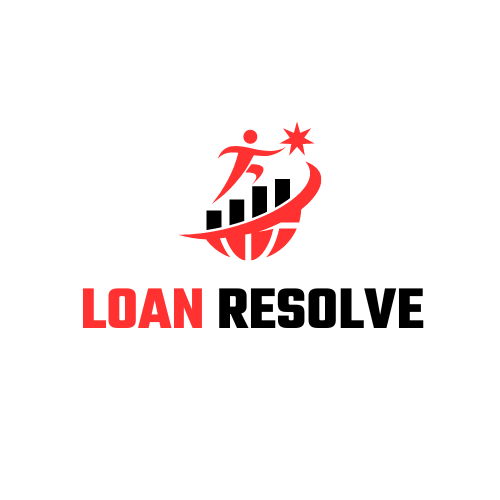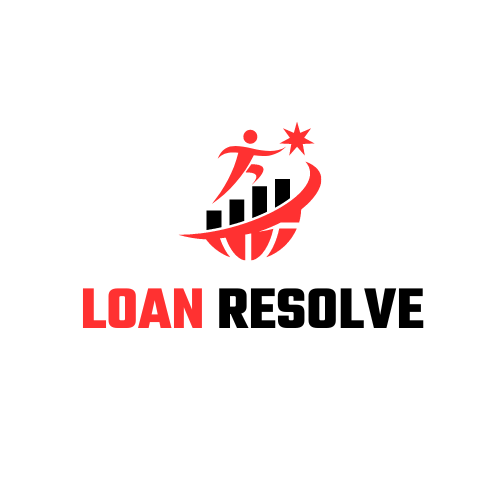This article will cover the consequences of debt settlement and its impact on your credit score elaborately. Settling debt means that the borrower pays a negotiated amount that is usually less than the agreed amount in the loan contract. It also allows the amount to be paid before the agreed maturity period, which can positively and negatively impact your credit score. This arrangement is typically made when you have fallen behind on payments and are struggling to meet your financial obligations. In exchange for a lump sum payment, the creditor agrees to mark the account as “settled” or “paid in full for less than the full balance.” But first, let’s understand what a credit report is.
Your credit report provides a thorough summary of your financial history, showing the details of your accounts and loans, including the original terms of the loan agreement, the size of your outstanding balance in comparison to your credit limit, and your payment history, including any late payments. The exact impact of settling a debt early depends on various factors such as your current credit condition, the reporting practices of your creditors, the size of the debts being settled, and whether your other debts are in good standing.
If you find yourself stuck in a debt trap, approaching debt settlement companies like Loan Resolve is a viable and prudent option. Debt settlement companies offer to help clear your outstanding debts by negotiating with the lender, a smaller amount than you owe. The go-to instruction and step for you is to stop making payments to your creditors, and instead make monthly payments into a dedicated account controlled by them. After several months of you making payments into this account, the debt relief company then uses the accumulated funds to negotiate settlements with your creditors, typically for less than the full amount owed.
Let us first discuss the cons of settlement, before we gradually make our way and underscore the benefits of settling your debt.
What are the cons of debt settlement?
When you settle a debt for less than the full amount owed, it often results in a negative mark on your credit report.
Lower credit score
This can lower your credit score, especially if the settlement is recent or if you have other negative items on your credit history. The credit scoring process is designed to reward accounts that have been consistently paid on time according to the original credit agreement. This helps to build high credit scores. When accounts reach their maturity period, they may no longer have as much credit available, which reduces their credit utilization ratio. The credit utilization ratio is expressed as a percentage and calculates the amount of revolving credit being used divided by the total credit available. A revolving account provides the borrower with a consistent source of credit for making purchases and paying back multiple times.
Credit report notation
Credit report notation is another factor that comes into play. The fact that you settled a debt will usually be noted on your credit report. This notation can remain on your report for up to seven years, depending on the policies of the credit reporting agencies. This can be improved gradually over time, which is mentioned below.
Distorted future creditworthiness
Your future creditworthiness may get distorted due to a settlement action. When lenders see the notation on the credit report that mentions a settled loan, they may view a settled debt as a sign that you did not fulfill your original contractual obligation, which could make it harder to qualify for credit in the future. You may be seen as a higher credit risk who is unable to repay their loans on defined periods.
Now that you are aware of the negative aspects that need to be taken into consideration, we are going to cover the positive effects of settling your debt.
What are the pros of debt settlement?
If debt settlement jump-starts your path toward a sounder financial future, it should be considered.
Peace of mind
Despite the potential downside, settling a debt by making partial repayment is better for your credit and peace of mind than neglecting it and leaving it unpaid. If you ignore a debt, the creditor will typically turn it over to a collection department or third-party collection agency.
A better option than delinquency
It is crucial to recognize that the negative impact of debt settlement on your credit score is typically less severe than the consequences of continued delinquency or bankruptcy. By proactively addressing your debt through settlement, you are taking a step toward regaining control of your finances and improving your overall creditworthiness in the long term.
Reduction in the amount owed
The primary and most sought-after benefit of debt settlement is that it allows you to reduce the total amount of debt you owe. Creditors may agree to accept a lump-sum payment that is less than the full amount owed, which can provide you significant financial relief.
Alleviates stress
If you are facing financial hardship, debt settlement can provide a pathway to resolving debts that have become unmanageable. It can alleviate the stress and anxiety associated with overwhelming debt burdens.
Alternative to bankruptcy
Debt settlement is often considered as an alternative to bankruptcy. While both options have consequences for credit scores, debt settlement may have less severe and more short-term impacts compared to bankruptcy, which can stay on your credit report for up to ten years.
Frees up cash flow
By settling debts for less than the full amount owed, you free up cash that can be used to cover essential living expenses or to start rebuilding savings.
Rebuild your financial health
While debt settlement initially impacts your credit score negatively, it provides an opportunity to start rebuilding your financial health. Once settled, you can focus on improving your credit score over time by making on-time payments, managing credit responsibly, and demonstrating financial stability.
Better than charge-off
Debt settlement is generally better for your report than a charge-off because it may even have a slightly positive impact if it erases severe wrongdoing. A charge-off means a company has written off a debt because it does not believe it will receive the money that it’s owed.
How to improve your credit score after settlement?
With patience and consistently responsible credit behavior, you can rebuild your credit score after a settlement. The key is to demonstrate to lenders that you have learned from past mistakes and are now a reliable borrower.
- Maintain credit card balances low. High credit utilization can negatively impact your score, so pay down balances as much as possible.
- Applying for new credit, especially in the months after a settlement, can temporarily lower your score due to hard credit checks. One should limit new credit applications, and only apply when necessary.
- Having a mix of credit types, such as credit cards, loans, and mortgages, can positively impact your score over time by demonstrating you can responsibly manage different forms of credit.
- Regularly review your credit report for any errors or inaccuracies and dispute them promptly. This can help remove negative items and improve your score.
- Make all payments on time going forward. Payment history, the record of your monthly debt payments, and whether they are made on time or delinquent by 30 days or more is the most important influence on your credit scores.
Conclusion
While loan settlement can hurt your credit score, it can also be a way to manage debt if you’re struggling financially. It’s important to weigh the pros and cons carefully before deciding if this is the right option for you.
Have you ever yearned for a trustworthy third party to act as a liaison between you and your lending institutions? Loan Resolve is a personal loan settlement agency that can help you communicate with lenders and other loan providers while negotiating a favorable settlement term on your behalf. Our experienced crew provides equitable opportunities for everyone while respecting our client’s rights. We are experts in identifying challenges in the sphere of guidance and developing tailored effective solutions. We assist you in overcoming this tension and breaking free from the constant cycle of debt.

I am an experienced advocate with 8 years of expertise in handling legal matters related to loan settlement services. I am skilled in providing effective legal solutions, negotiating settlements, and representing clients in complex financial disputes, ensuring their rights are protected throughout the process.


